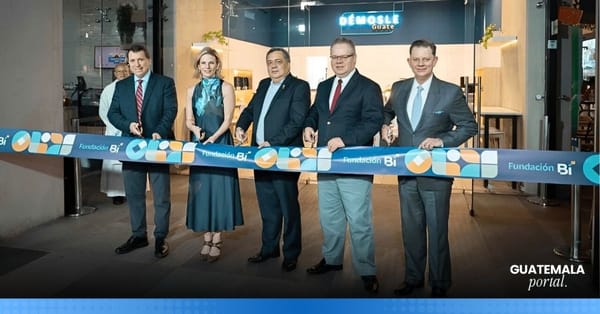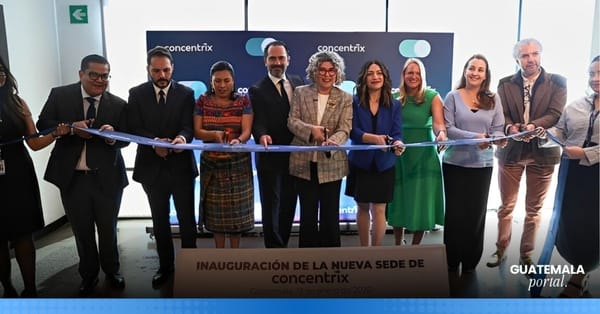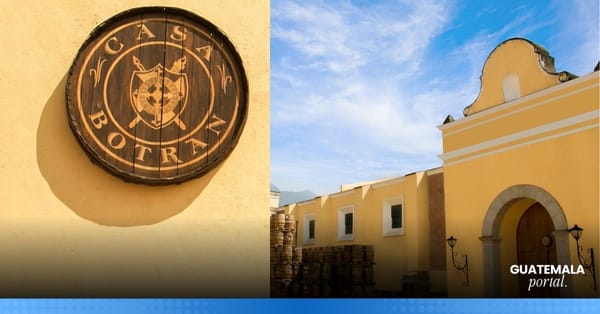How Fundación Bi Is Transforming Guatemala’s Artisan Communities Through “Guate a Mano”
As part of its commitment to connecting tradition with innovation, Fundación Bi continues to drive economic development across Guatemala through its flagship program, Guate a Mano.
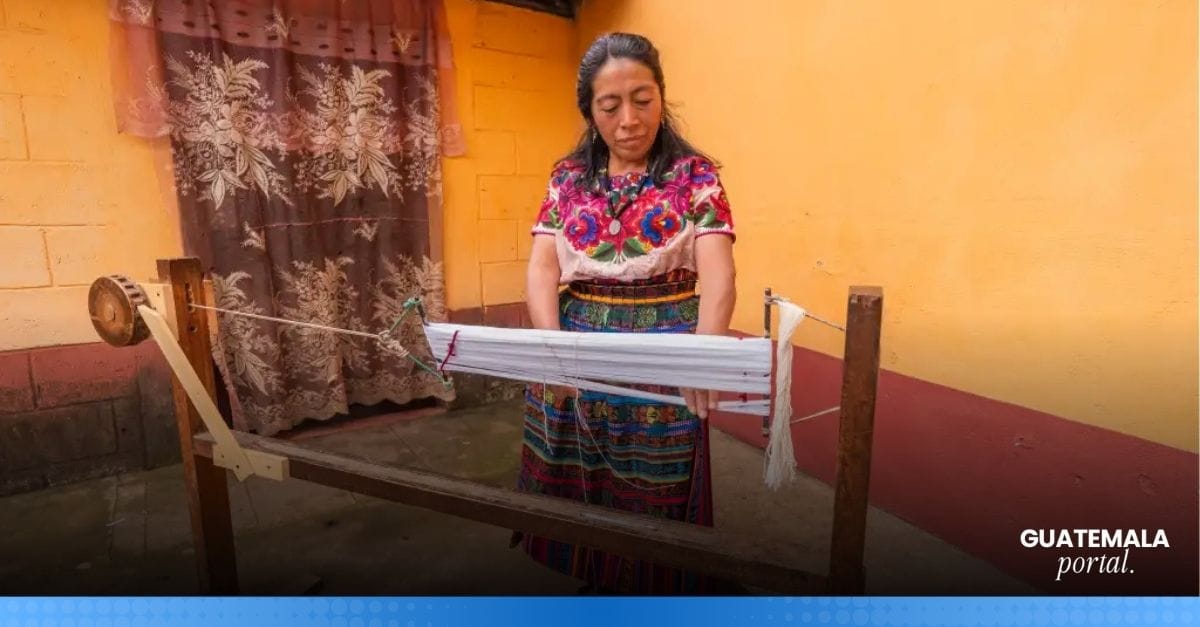
As part of its commitment to connecting tradition with innovation, Fundación Bi continues to drive economic development across Guatemala through its flagship program, Guate a Mano. In 2024, the initiative supported over 100 artisans across four departments, helping create 120 new handcrafted designs and opening doors for national and international commercialization.
For 2025, Fundación Bi aims to triple its reach, supporting more than 300 artisans across ten departments: Chiquimula, Sololá, Totonicapán, Quetzaltenango, Alta Verapaz, Petén, Huehuetenango, Quiché, Sacatepéquez, and Chimaltenango.
By preserving ancestral techniques while fostering innovation, Guate a Mano is transforming local craftsmanship into a powerful vehicle for community growth and sustainable development.
Tradition Enters Guatemalan Homes
This year, Guate a Mano joined Festival Guatemala Nuestra, an annual celebration organized by CEMACO since 1999 that bridges local art, tradition, and Guatemalan homes. The 2025 Collection showcases handcrafted pieces from more than 40 artisan partnerships, including creators from Fundación Bi’s program in Jocotán, Momostenango, Cantel, Salcajá, Quetzaltenango, and Santiago Atitlán.
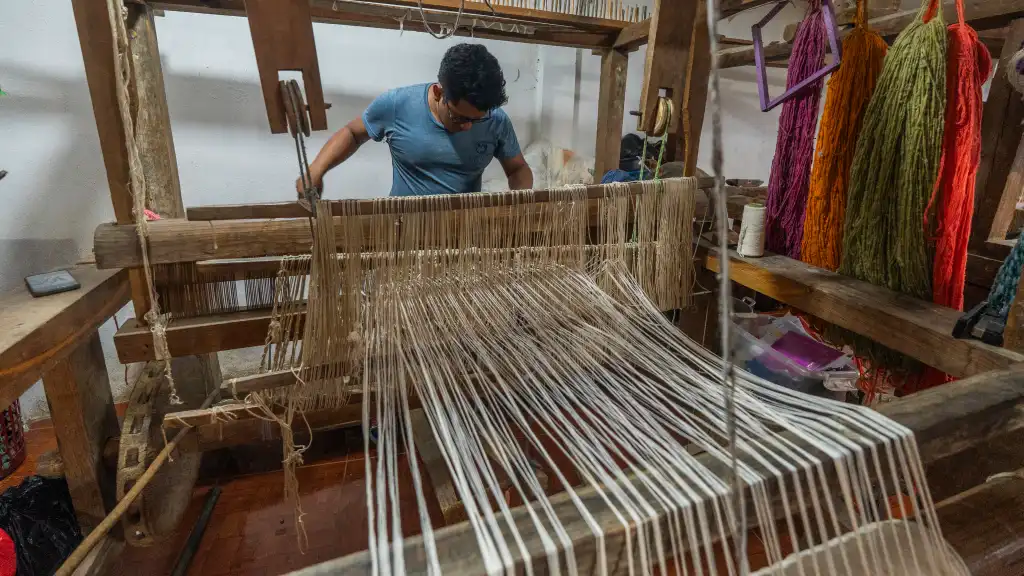
The collection is available throughout September at CEMACO Zone 10 and CEMACO Cayalá, with plans to expand to other retail locations nationwide.
“With Guate a Mano, we want our artisans’ work to be valued and recognized, not only as cultural heritage, but as a source of growth for their communities,” said María José Paiz, Manager of Fundación Bi.
From the Workshop to the Market
Dedicated to opening new opportunities for local artisans, Guate a Mano focuses on preserving traditional techniques while modernizing design and marketing strategies. In 2023, the program supported more than 100 artisans, providing training in design, marketing, finance, and communication.
Handcrafted pieces are developed at the Bi Innovation and Entrepreneurship Center, where artisans receive guidance to enhance their craftsmanship and adapt their creations for broader commercial appeal.
Thanks to this initiative, Guatemalan-made products have gained visibility at specialized fairs, retail chains, and international markets such as New World Crafts, establishing connections with buyers seeking authentic, 100% handmade products from Guatemala.


